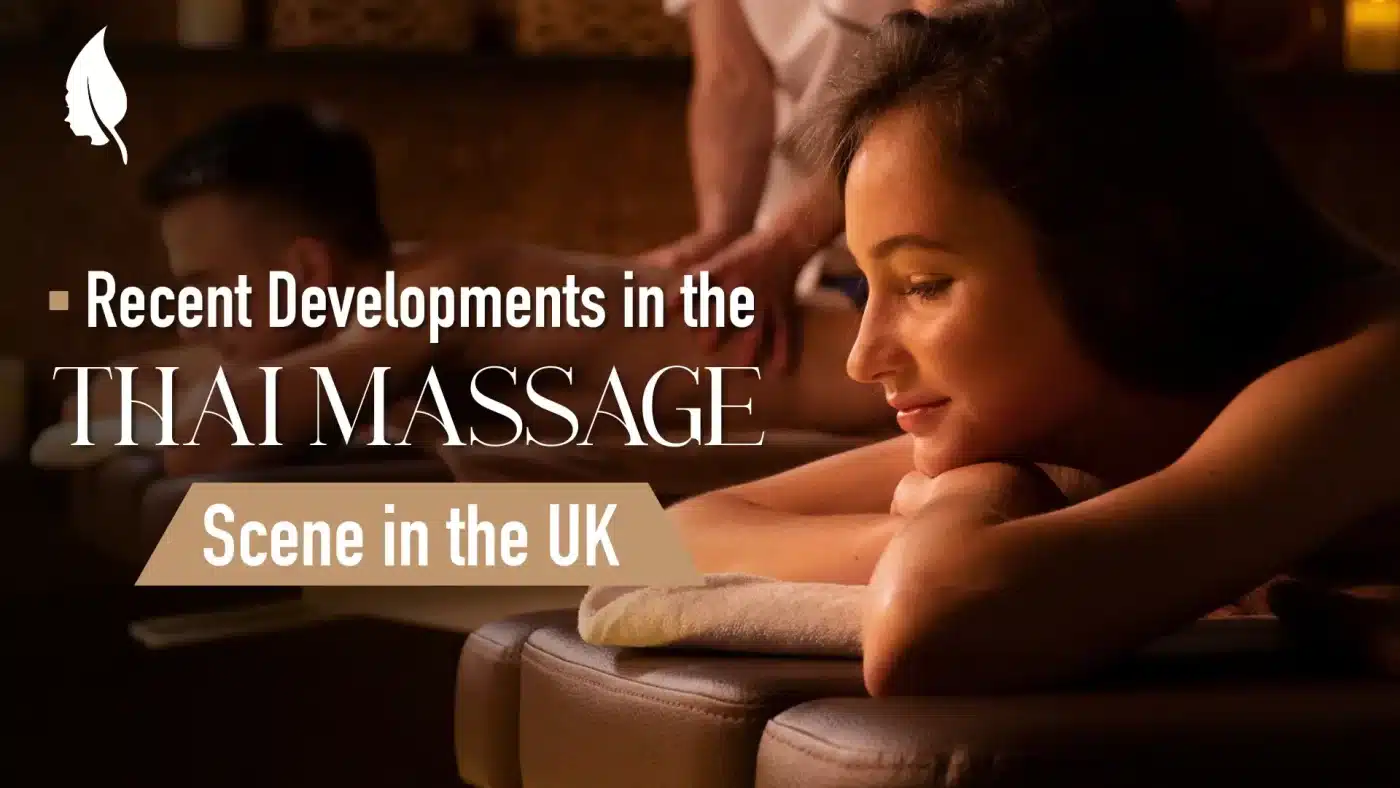Thai massage in the United Kingdom continues to evolve amid regulatory scrutiny, new business entries, and public safety concerns. Here’s a fresh look at the major developments as of mid-2025:
1. Regulatory Pressure & Licensing Oversight
Massage and special treatment premises in the UK require licensing by local councils. Operators must adhere to conditions such as staff records, client logs, and proof of “right to work.”
One notable case involves Oriental Style Massage & Beauty in Kingston Upon Thames, whose license renewal was challenged after officers found repeated breaches — missing client and staff records, and suspicion of offering services of sexual nature.
Meanwhile, several massage parlours in East London are under investigation by Tower Hamlets Council for allegedly offering “extra” services to undercover inspectors.
These incidents highlight an intensifying local authority focus on the legitimacy and transparency of Thai massage businesses.
2. New Studios & Extensions of Service
Despite regulatory headwinds, new Thai massage studios are still opening. In Newport, a “Thaidy Massage” studio recently launched under the leadership of Anuntaya Davies, bringing traditional Thai therapy more visibility in Wales.
In Milford Haven, a new clinic named Cosmic Thai Massage has also begun operations, offering authentic treatments to local clients.
Meanwhile, established studios are innovating their offerings: in Newbury, Orchid Thai Therapy @ SUAY has introduced Thai Sports Massage to serve clients with more active lifestyles.
3. Criminal Cases & Reputation Risks
Concerns about misconduct have drawn public attention. A high-profile criminal case emerged in London where an actress was sexually assaulted at a Soho Thai massage parlour. The masseur was sentenced to four years in prison.
Such cases amplify the need for strict professional oversight and reputation management within the industry.
Summary Table: Key Trends & Implications
| Area | Recent Developments | Implications |
|---|---|---|
| Regulation & Licensing | License reviews, local authority raids, stricter enforcement | Thai massage studios must stay compliant with licensing, staff records, and client protocols |
| Business Growth & Innovation | New studios opening, service diversification | Market still has room for growth; adding niche services (e.g. sports massage) may attract new customers |
| Public Trust & Safety | Criminal cases affecting reputation | Operators need strong policies, training, and transparency to maintain trust |
FAQs (Frequently Asked Questions)
Q1: Do all Thai massage studios in the UK need a special licence?
Yes — most premises offering “special treatments” (including massage) must register with their local council and obtain a licence.
Q2: What kinds of regulatory breaches do authorities look for?
Common issues include missing or incomplete client and staff records, failure to verify legal right to work, and suspicion of offering services outside the licensed scope.
Q3: Can new Thai massage studios still open in the UK?
Yes. Despite tighter regulation, new studios such as Thaidy Massage (Newport) and Cosmic Thai Massage (Milford Haven) are opening.
Q4: How can studios safeguard against reputational risks?
Implement robust staff training, set clear scopes of service, enforce strict record-keeping, carry out background checks, and maintain transparent client complaint mechanisms. Cases like the Soho assault underline how damaging reputational issues can be.
Founder and driving force behind Web Evolve Co., Ltd., a full-service website development and digital solutions company trusted by leading businesses across Thailand. With over 5 years of experience in the digital industry, he specializes in designing and developing websites that excel in both UX/UI and SEO — empowering businesses to grow sustainably in the digital world.











